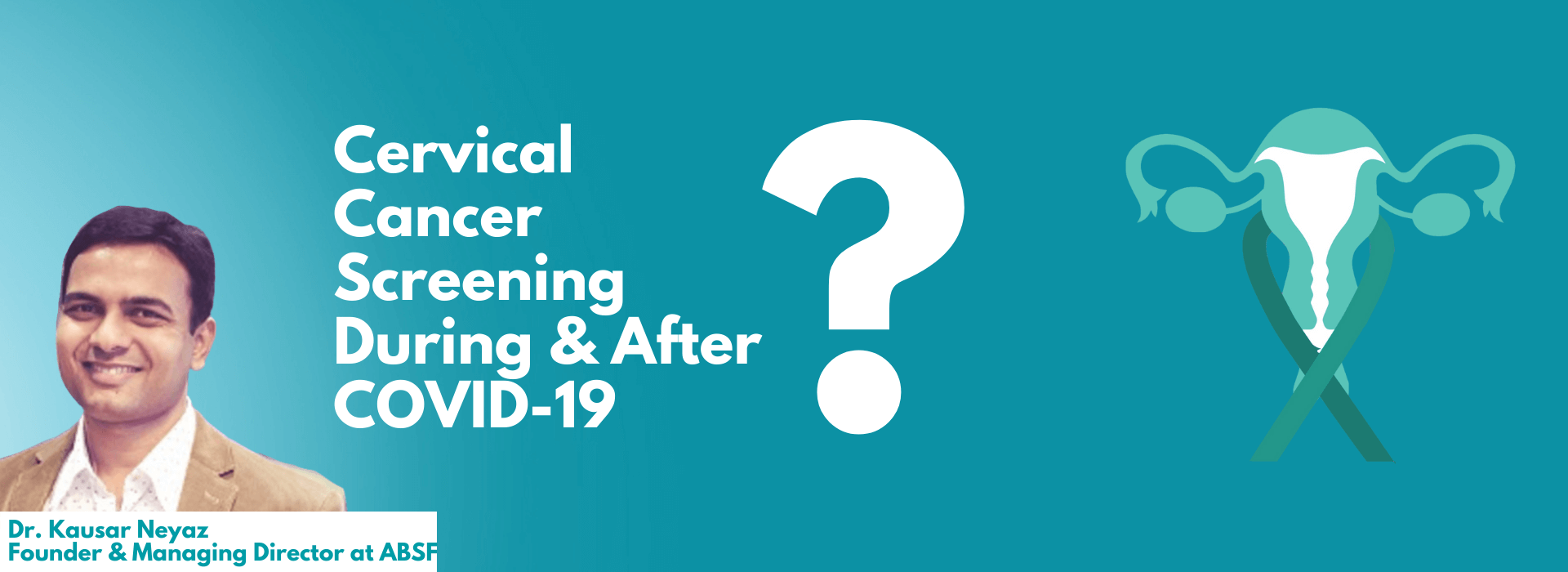
28 Feb Self-Sampling for Cervical Cancer Screening and Common STIs Testing in India During and After COVID-19 Pandemic.
Cervical cancer is the second most common cancer in India and the fourth most common cancer affecting women worldwide with a disproportionate mortality occurring in developing countries (Globcon, 2012). HPV is considered as one of the major etiological factors for cervical cancer along with other factors (Neyaz MK, et al. 2010).
Screening for cervical cancer with Pap smear test has become widely accepted. However, a number of problems with cytology test have been described including sensitivity, subjectivity of reading of slides, quality of samples leading to greater number of interpretive errors. HPV DNA testing offers a viable and validated approach for screening and management of women with/ without cytological abnormalities (Cox T, et al. 2006).
Offering self-collection of samples can improve delivery of common STIs testing services especially in rural area. Self-sampling approach for HPV testing may increase the cervical cancer screening rate in rural community, particularly among women who have not undergone routine cervical cancer screening ever. For STIs, there are now kits which allow people to collect their own samples to be tested as per their convenience and privacy.
Can Human Papillomavirus DNA Self-sampling be an Acceptable and Reliable Option for Cervical Cancer Screening in India?
Self-collected HPV DNA testing has been considered as an effective alternative tool among women coming from infrastructural barriers and individual barriers as nature of gynecological examination may be embarrassing and culturally unacceptable for them. Besides this most of the times Indian women do not get time to travel to physician due to having huge responsibility for home and work. In case of self-collected HPV DNA testing could prove itself a boon and it will also decrease out of pocket cost due to no need of traveling to avail these facilities.
HPV self-sampling can increase cervical cancer screening uptake compared with standard of care, with no negative effect on linkage to clinical assessment/treatment (Ogale Y, etal., 2018). HPV Self sampling could be used to increase the participation of non-attenders in the cervical cancer screening program during and after COVID-19 pandemic.
Author
Dr. Md. Kausar Neyaz, Ph.D
Founder & Managing Director at ABSF (Aabir Bio-Services Foundation)
References:
1. Neyaz MK, Hussain S, Hassan MI, Das BC, Husain Bharadwaj M. Novel missense mutation in FHIT gene: interpreting the effect in HPV-mediated cervical cancer in Indian women. Mol Cell Biochem. 2010; 335:53–58.
2. Cox T, Cuzick J. HPV DNA testing in cervical cancer screening: from evidence to policies. Gynecol Oncol. 2006; 103(1):8–11.
3. Yasmin Ogale, Ping Teresa Yeh, Caitlin E Kennedy, Igor Toskin and Manjulaa Narasimhan, Self-collection of samples as an additional approach to deliver testing services for sexually transmitted infections: a systematic review and meta-analysis. http://orcid.org/0000-0002- 7425-0382.


